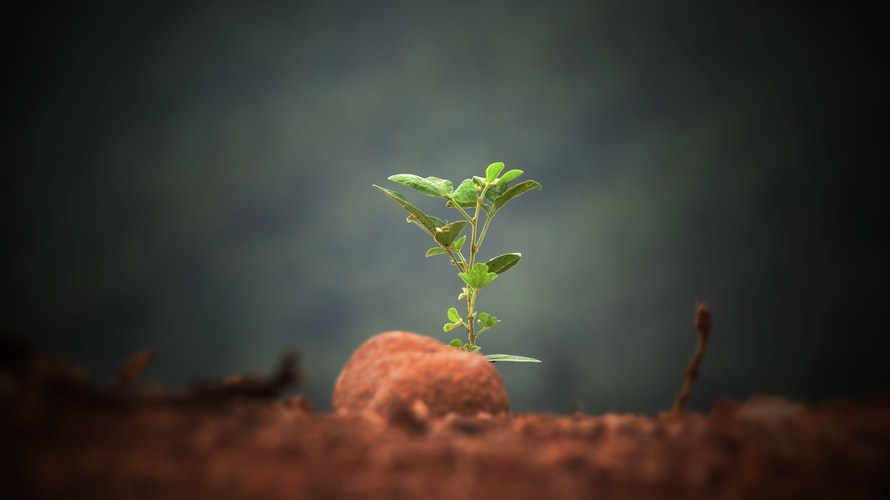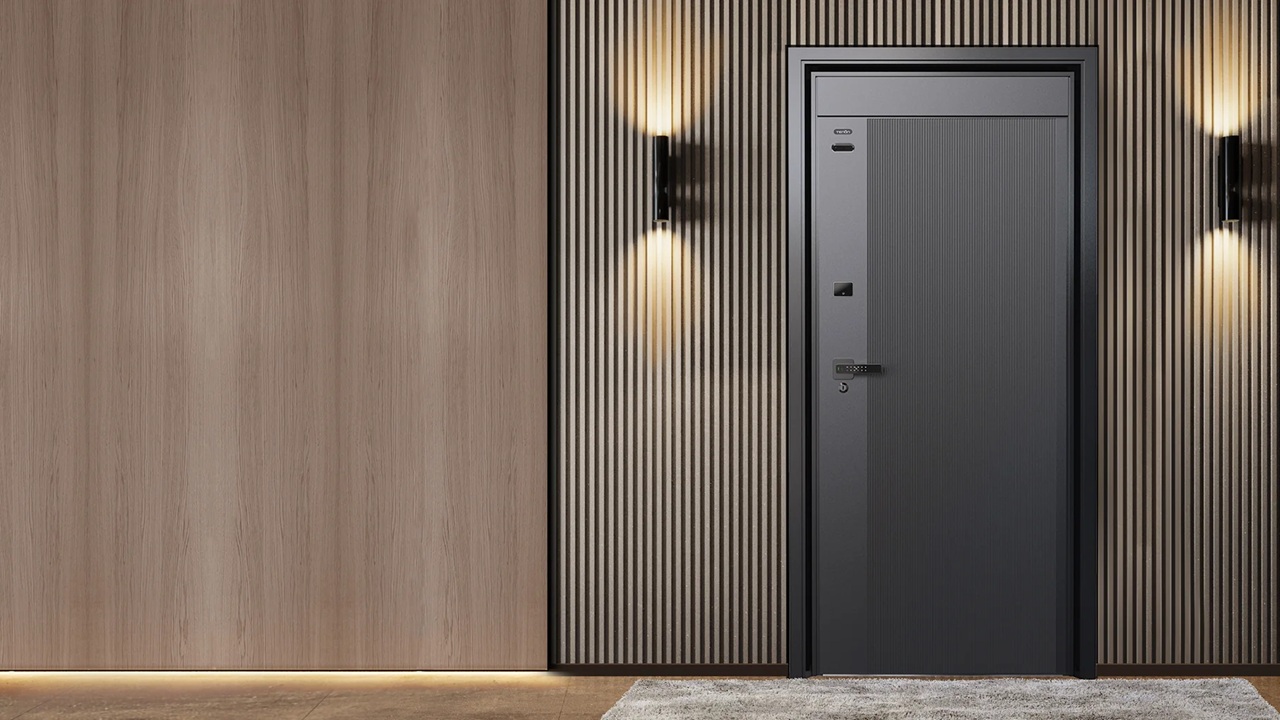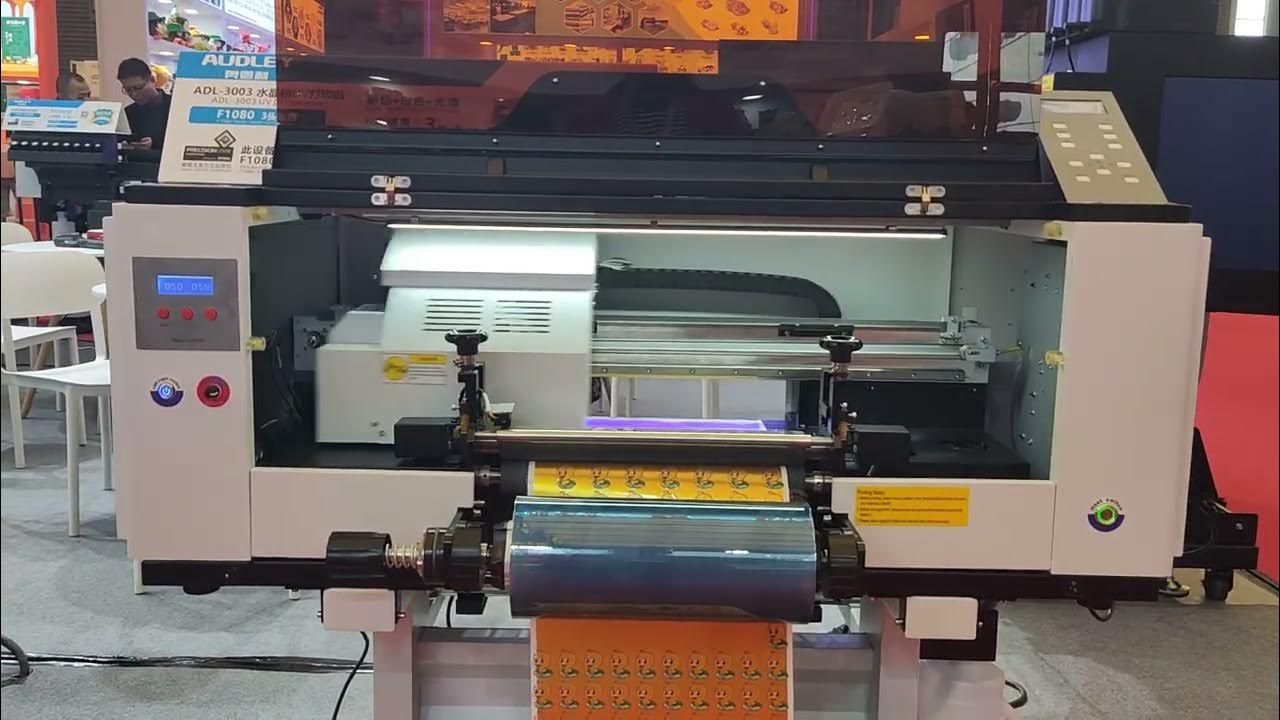‘Jumping’ worms prompt plant sale cancellations

An invasive worm that destroys soil is making organizers jumpy about holding local plant sales but state pest specialists say gardeners shouldn’t panic.
May plant sales in Madison and Cambridge were canceled because organizers feared it would spread jumping worms with appetites so voracious that they turn soil grainy and keep plants from growing. There’s no known pesticide or treatment to get rid of the pests.

Spring is prime time for invasive “amnthas agrestis” species worms as they deposit undetectable cocoons in the soil.
The worm was first verified in 2013 at the UW-Arboretum in Madison and has been prevalent in southern Wisconsin but DNR officials don’t think this year is any worse.
“People think they are throughout the state, and that’s not true but we do want people to take precaution to minimize the spread,” said Wisconsin Department of Natural Resource Plant Pest and Disease Specialist Bernie Williams.
Twenty-one of 72 counties in Wisconsin has had reports of jumping worms.
The nicknamed “Asian crazy worm” slither and slash around like snakes when they are handled and have a smooth, glossy gray color with a distinct lighter colored band around their body.
Native to Asia, the worms have a one-year life cycle. They produce offspring without a mate and cocoons can survive through winter and hatch in spring. The first appearance of the adult worms starts in late June as populations boom.
Although Williams said plant sales and plant exchange are great events for gardeners but they need to be careful when in jumping worm territory.
“The concern is the movement of the cocoons during the growing season because the cocoons look like the soil and are undetectable,” Williams said.
Cocoons do not move without the soil, so Williams said gardeners should be extra careful by washing any new plants they receive and also cleaning garden tools, equipment and pots to stop the spread.
Gardeners who know they have jumping worms should exclude themselves from taking part in plant exchanges to prevent the spread, Williams said. Signs of infestations include the worms themselves, or soil that looks like dried coffee grounds.
If gardeners go to plant sales, plant exchange events and farmer’s markets and see that the plants look a little listless, Williams said they should steer clear of them.
“If it doesn’t look right, ask questions before you buy,” she said.
Last week the Madison Hardy Plant Society and the Friends of Cambridge Library canceled their May plant sales due to the jumping worm scare.
Williams said the worms are prevalent in urban areas where development is taking place and there is a higher disturbance of soil, and movement of compost, mulch, and other gardening materials.
Savvy consumers should only sell, purchase or trade compost that’s heated to appropriate temperatures and duration to the reduction in pathogens, Williams said.
The DNR list jumping worms as restricted—they are already established in the state and cause or have caused significant environmental or economic harm.
Williams said the DNR is focusing on outreach and education to let Wisconsinites know about the problem.
“We don’t want people to be alarmist but we do want them to report jumping worms to the DNR so we can gauge where they are,” Williams said.


